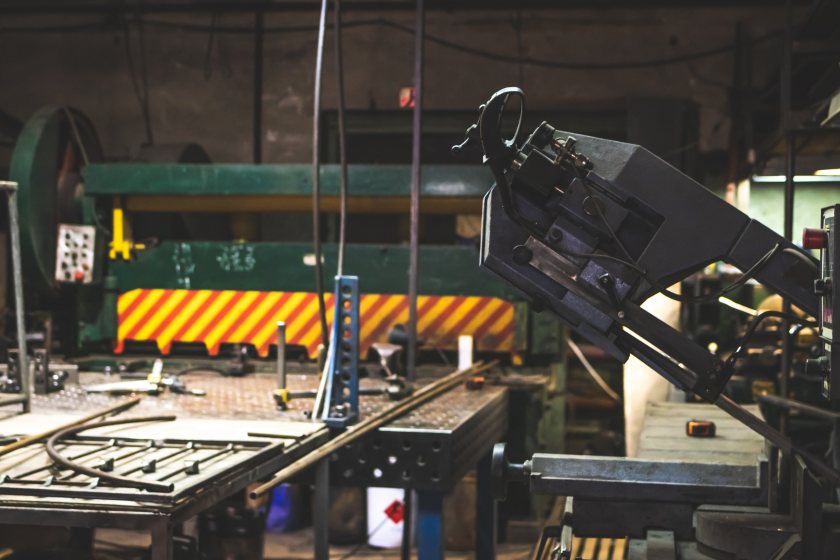
Research has revealed that 72% of UK mid-market manufacturers have reported increased profitability because of operating more sustainably.
The study, by European software provider Forterro, also shows the extent to which UK manufacturers are now focusing on sustainability, with 84% of respondents saying it is a priority.
And 71% said their organisation has a dedicated resource to address sustainability, while three-quarters said it has a Net Zero plan.
“Operating more sustainably while maintaining market share and controlling costs has historically been a challenge for any UK mid-market manufacturer, but this research shows how seriously organisations are now taking sustainability,” said David Coste, President, North & Western Europe, Forterro.
"It’s not just a corporate responsibility but also a driver of financial success. Manufacturers are aware of this and are taking purposeful, accountable steps to be sustainable.”
Supply chains are one of the main areas where UK mid-market manufacturers are focusing their sustainability efforts, with 85% of respondents reporting digitalisation of supply chain and logistics operations to improve transport efficiency.
Almost half (46%) of manufacturers are most motivated to localise their supply chains for better control, while 43% see cost reduction and 38% prioritise sustainability as a key driver for localisation.
Customer demand also plays a role, reflecting shifting market expectations and the need for manufacturers to adapt to meet those changing requirements.
Technology can be used to significant effect when it comes to sustainable operations.
ERP can help mid-market manufacturers enhance their sustainability efforts, making it easier to manage resources efficiently, reduce waste, manage inventory and maintain compliance with environmental regulations.
Most (82%) of the research respondents said that ERP helps their organisation operate more sustainably.
“For mid-market manufacturers, an ERP system is a highly effective way to manage resources more responsibly and take meaningful steps towards Net Zero,” continued Coste.
“It’s a proactive measure that can both reduce costs and help companies meet increasing demand for environmentally friendly products and operational practices.”